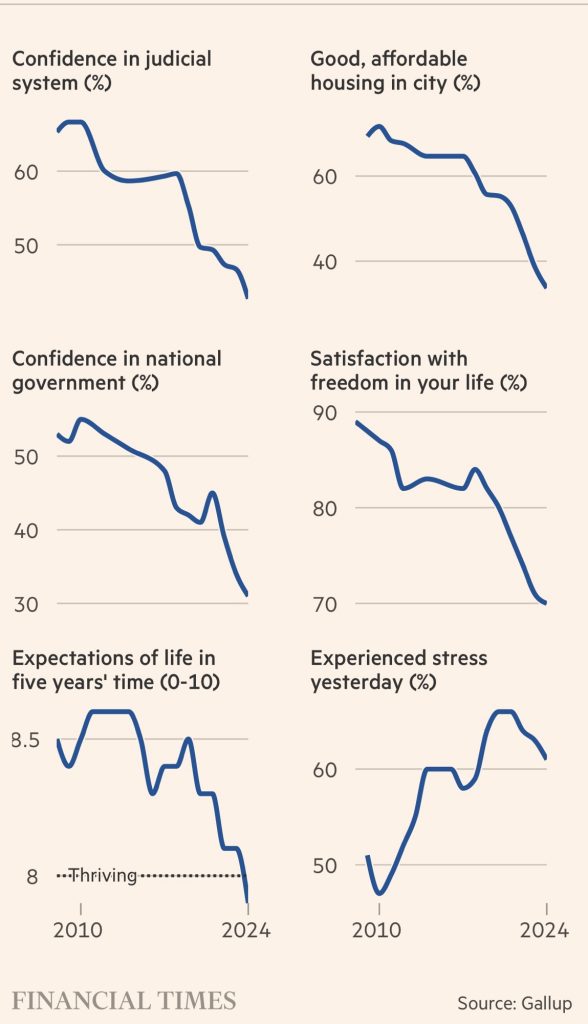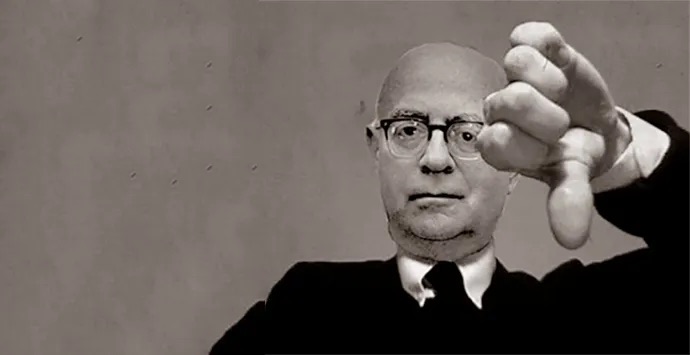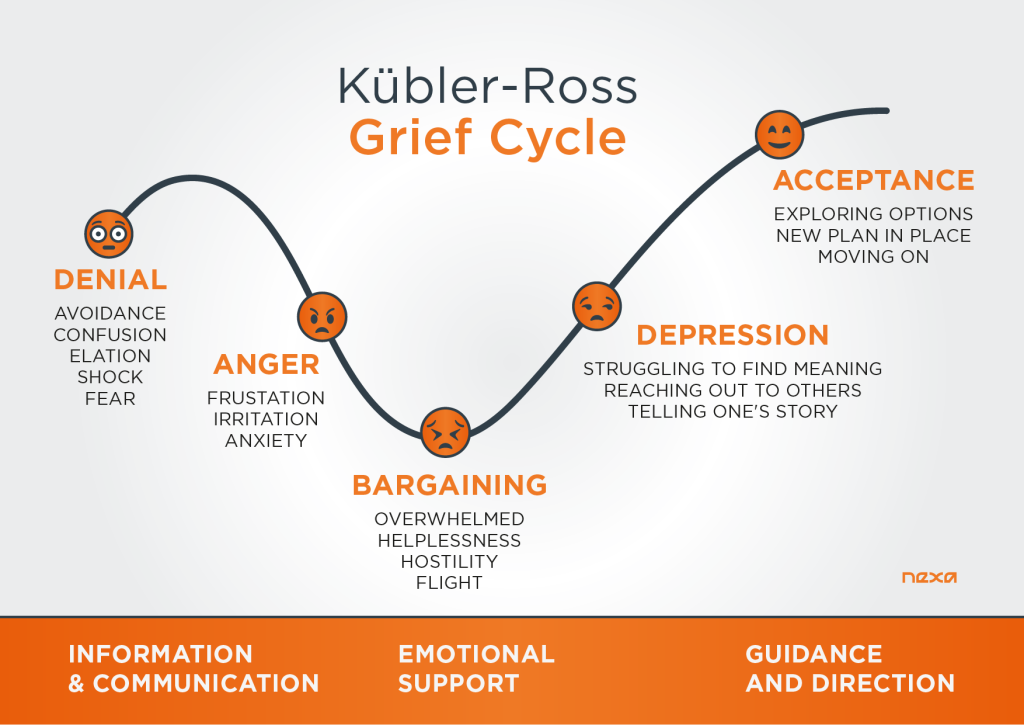Yesterday I was lucky enough to get a tour of a new mixed use housing development on the south side of Bozeman called Blackwood Groves.
I was introduced to one of the developers Dave through the serendipity of Twitter. He graciously walked Alex and I through the plans for community.
It’s thoughtful in including a range of housing types so younger families have a chance to grow. It has parks and public gathering spaces. It abuts public middle school. It will have retail amenities practical to the community. It feels like a little town in the town.
As a Montana resident who is Bozeman adjacent, I’m thrilled to see more housing being built. Especially for younger families. Having grown up in Boulder I feel a particular sense of obligation to make sure that Bozeman doesn’t end up like my hometown. Housing costs a fortune. Younger generations can’t afford to live and leave.
It’s hard to find housing. It’s hard to build housing. Housing is easily America’s most expensive problem. And seeing builders who want to make mountain towns actually feel like the towns we grew up in is encouraging.
Its hard to do well and there is a lot stacked against builders and buyers. We should want build up to a future that enables us to live and be industrious together across generations.
I support the Frontier Institute because it’s consistently putting force great policy on making sure we build the future in Montana. A little blurb from their work on property rights this sessions. Being able to build is going to take real reform.




